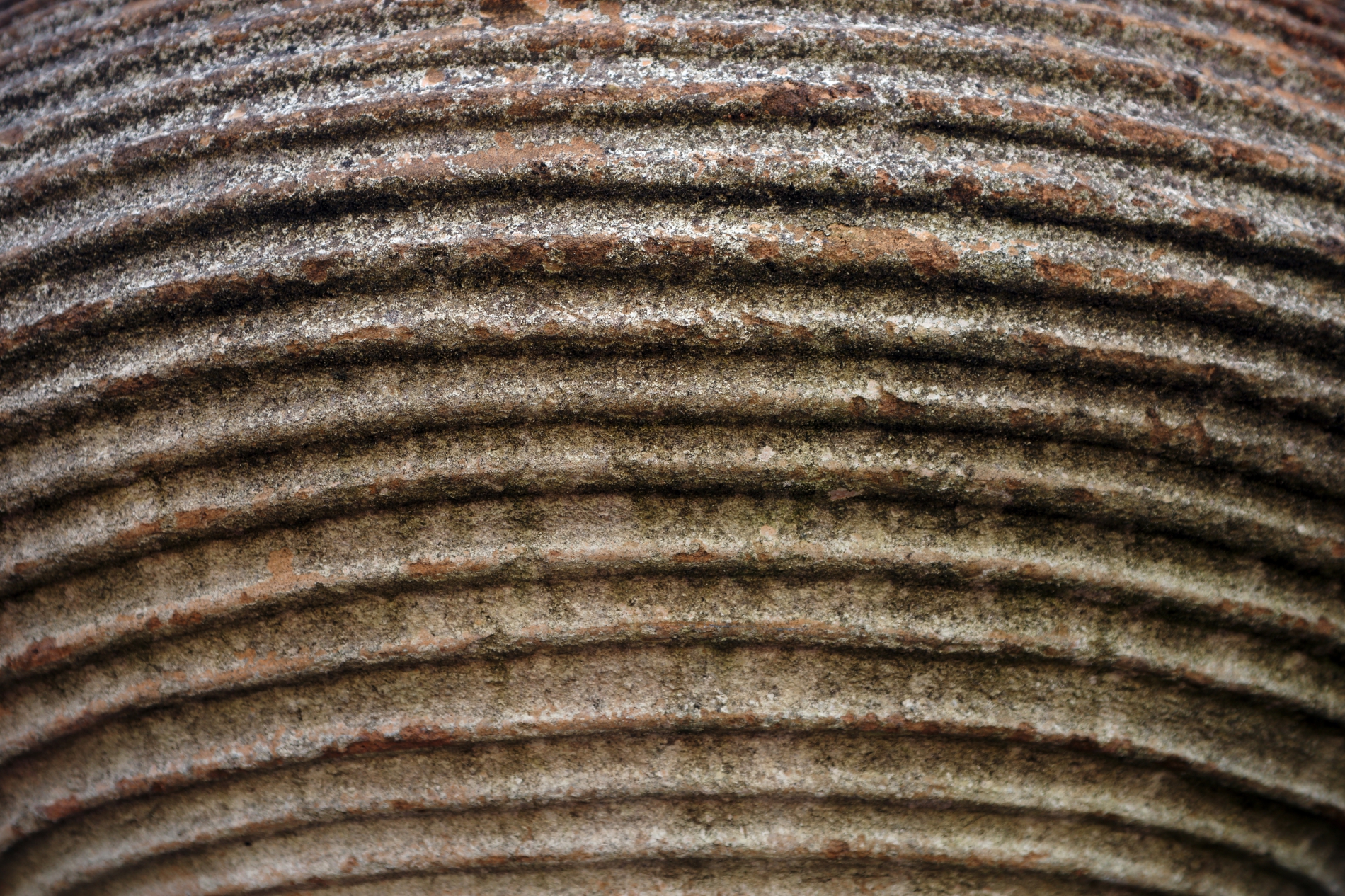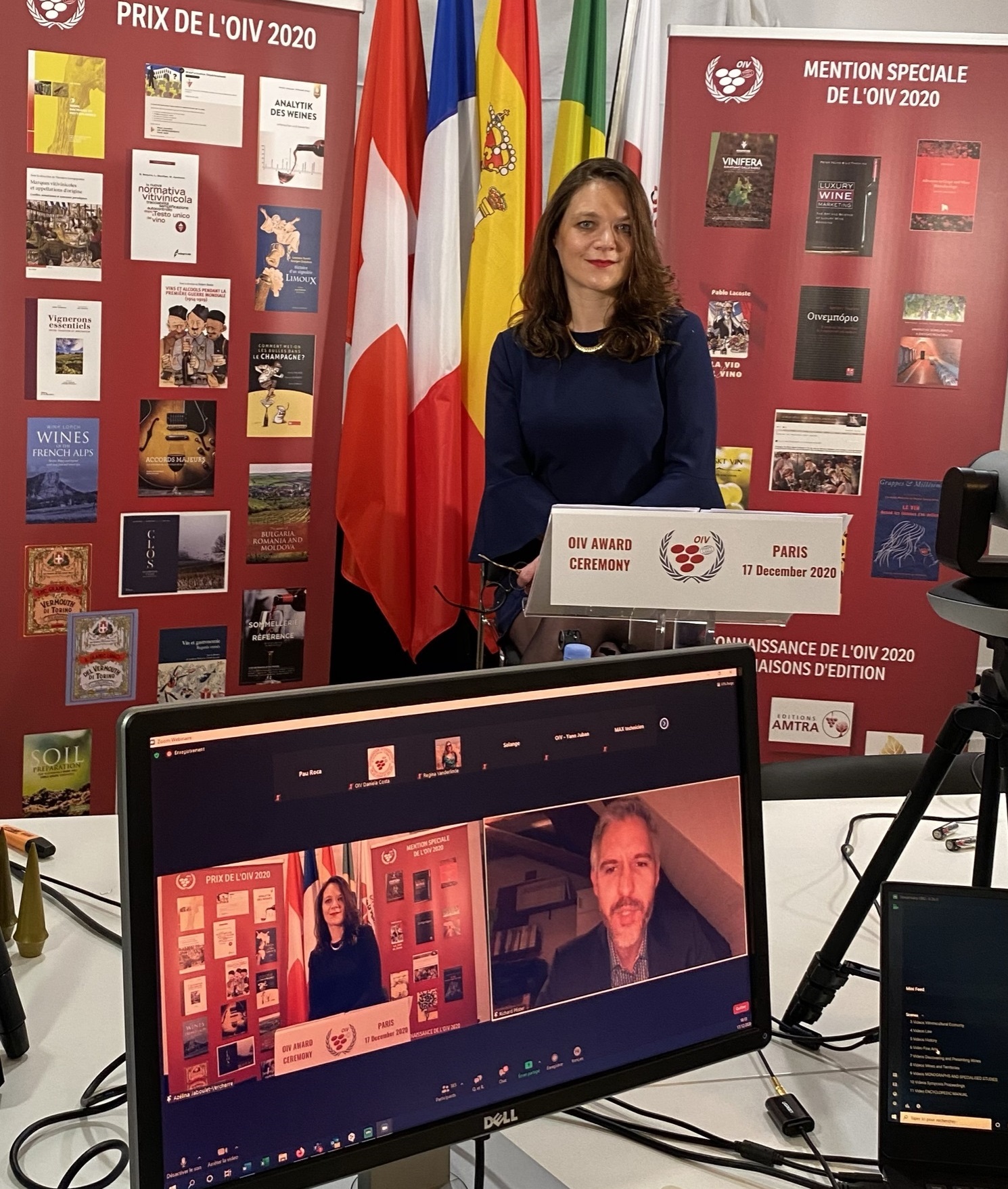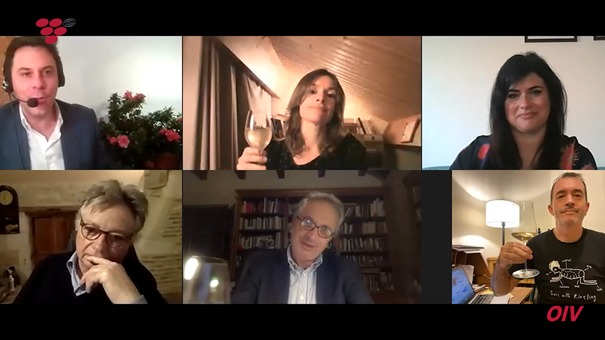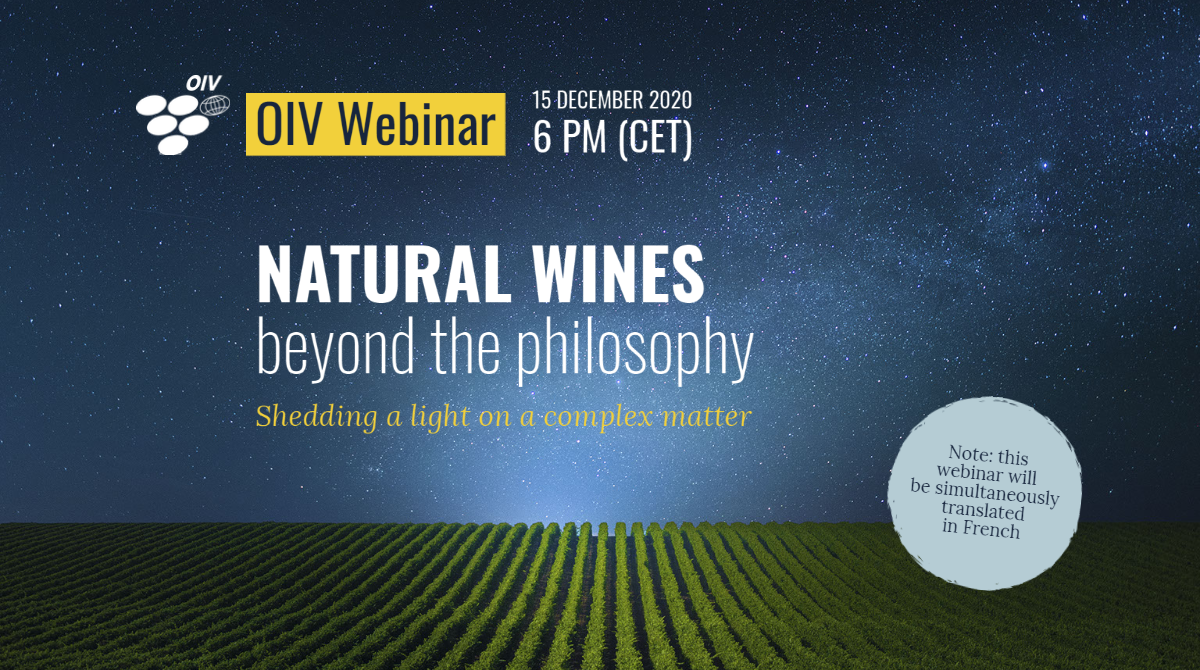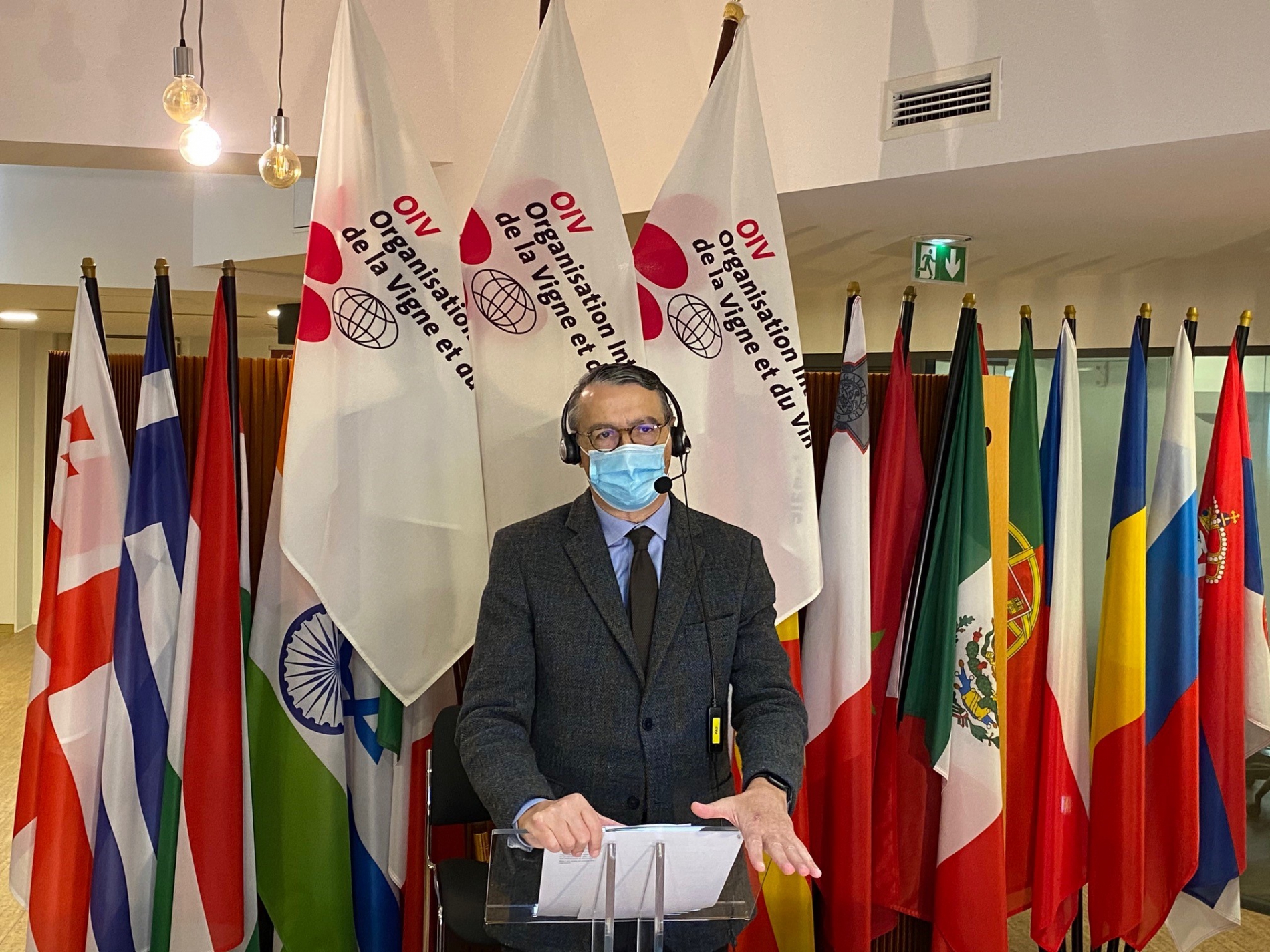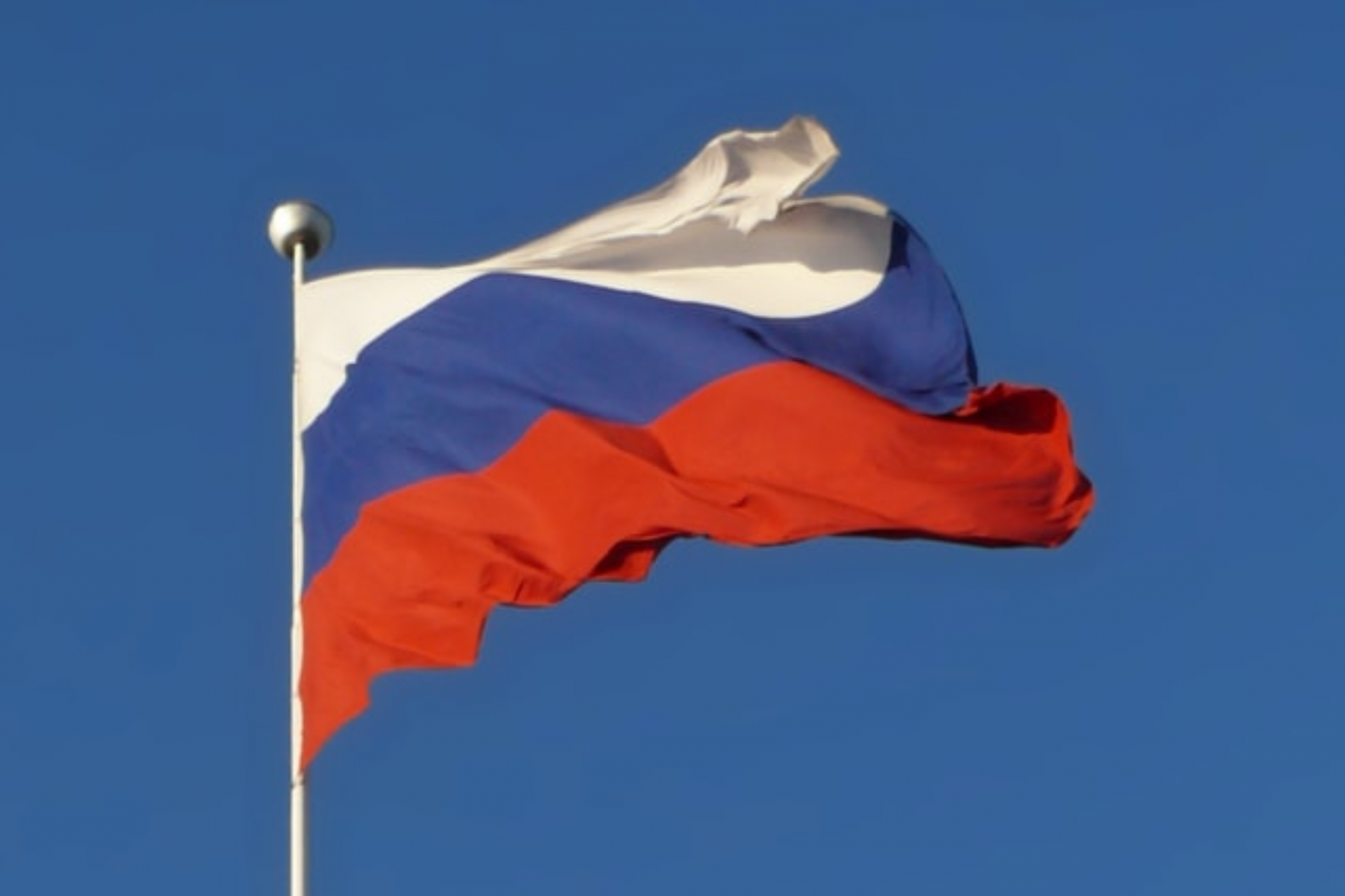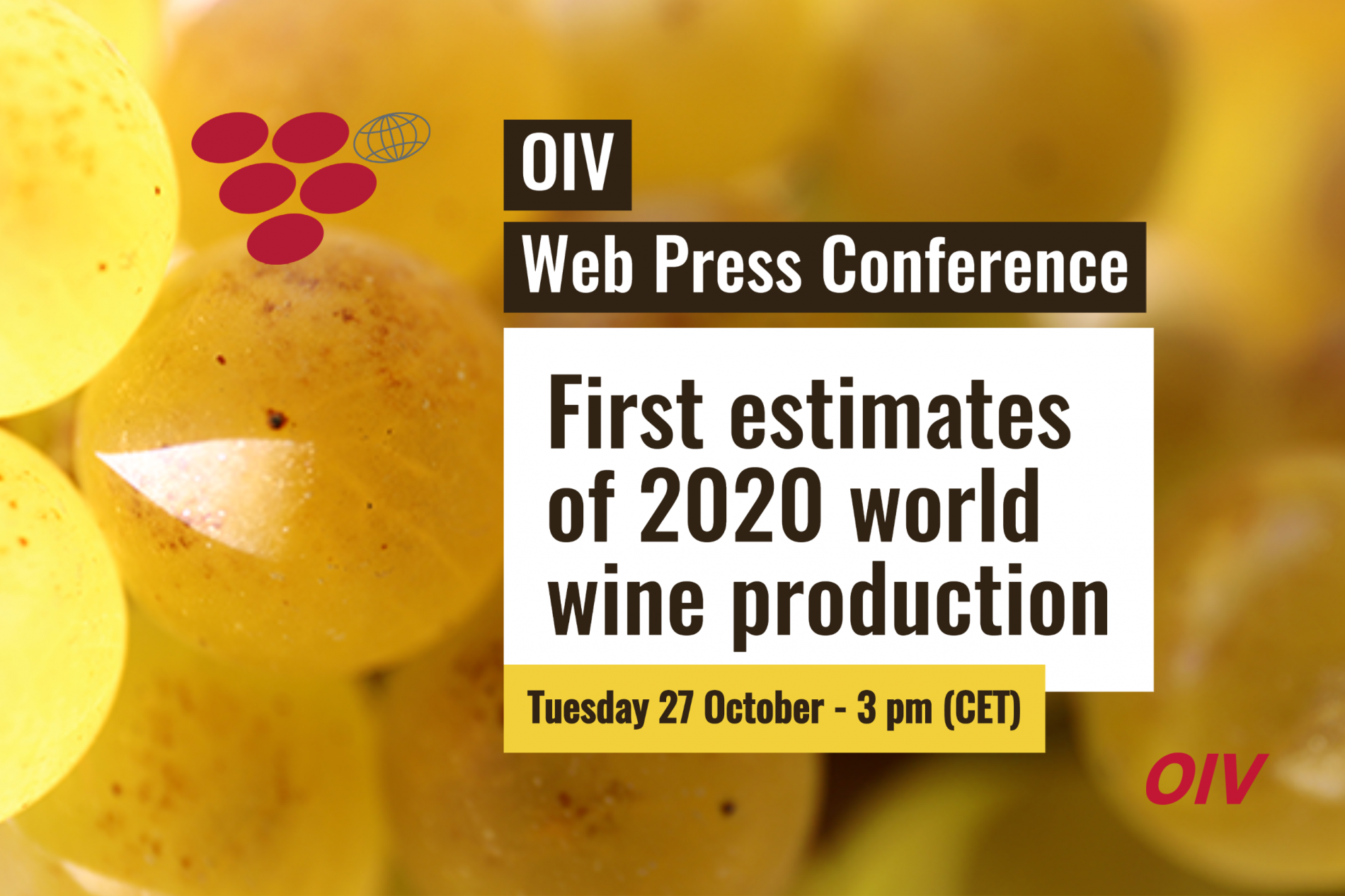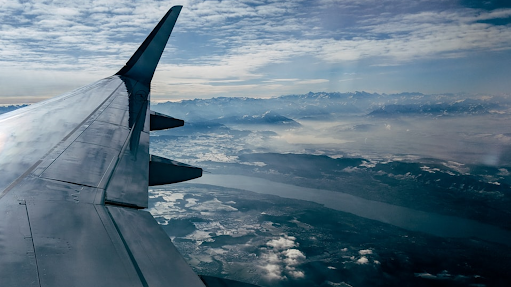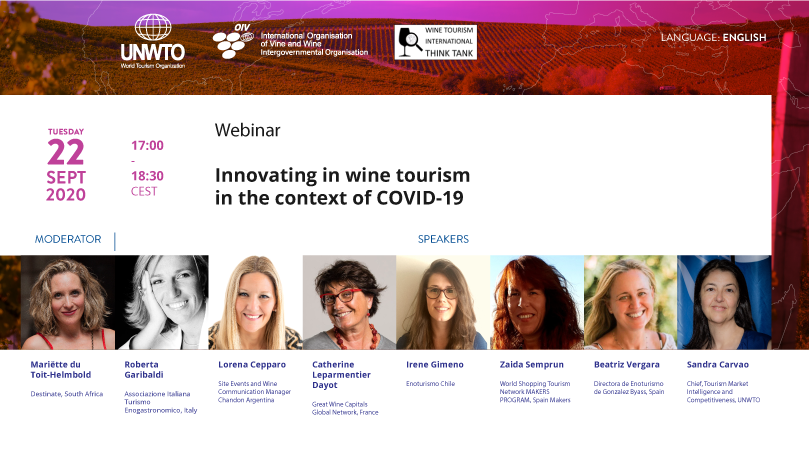21 Dec 2020
White wine with maceration was introduced into the special wines category in 2020. In consideration of the ancient Georgian method of winemaking in traditional Qvevris, inscribed on the UNESCO Representative List of the Intangible Cultural Heritage of Humanity in 2013, the OIV General Assembly adopted a definition applicable to wines made in Qvevris through Resolution OIV-ECO 647-2020. Interview with the Georgian Minister for Agriculture Discussions on white wines with maceration had been started within the OIV at Georgia’s initiative in 2017. Wines produced according to the ancestral Georgian process in earthenware jars, with prolonged contact with the grape skins and stems, are somewhat of a calling card for this country. This production method imparts particular taste characteristics and a sometimes orange-amber colour to wines. The introduction into the OIV International Code of Oenological Practices as a specific category of special wine – alongside ice wines, liqueur wines and other special wines – is a major milestone for Georgia with respect to the recognition of the historical, technical and cultural value of its vitiviniculture.
- The recognition Georgia’s vine-growing history and culture has achieved is no coincidence, but the outcome of a centralised policy of research and promotion. The results of this international recognition are by no means insignificant:
- in 2013, the ancient Georgian method of winemaking in traditional Qvevris was inscribed on the UNESCO Representative List of the Intangible Cultural Heritage of Humanity,
- in 2017, a research article published in the prestigious PNAS (Proceedings of the National Academy of Sciences of the United States of America) reported on a study of biomarkers that indicated the presence of vines in the South Caucasus and Georgian territory at the start of the Neolithic period (6000-5800 BC),
- in 2017, the Guinness Book of Records recognised traces of wine on items excavated from archaeological sites in Gadachrili Gora and Shulaveris Gora as the oldest wine in the world (6000-5800 BC).
20 Dec 2020
Websites make a significant entry in the OIV Awards due to the quality of the publications awarded.Four Publishing Houses received the Jury’s Acknowledgement for OIV 2020 Awards for their thorough editorial work dedicated to Vine and Wine. Many people from all over the world followed this well-known world wine event led by the President of the Jury Awards, Azélina Jaboulet-Vercherre and by the Scientific Secretary Richard Pfister appointed in 2019. The Director General of the OIV, Pau Roca, confirmed the role of the OIV Awards which were created in December 1930: to encourage the spread of up-to-date knowledge on vine and wine to the scientific and technical world, as well as to a wider public, and to reward the passion and commitment of authors and publishing houses working in the vitivinicultural sector. He also highlighted the constant adaptation of this competition to publications and the evolution of communication media. The President of the OIV Regina Vanderlinde thanked the countries, more than fifty in total, producers and non-producers represented at the OIV Awards for the past 90 years via the their authors’ work. She also invited countries that have not yet participated to enter into the history of the OIV Awards... Azélina Jaboulet-Vercherre, President of the Jury Awards Registrations for the 2021 Edition of the OIV Awards are open until 28th February 2021. Find more information and the registration form to download here.
17 Dec 2020
The round-table webinar, moderated by the OIV’s Oenology Head of Unit, Guido Baldeschi, gathered 5 international speakers, with different profiles and wealth of experience in the wine sector. Check here the speakers bio.The webinar confirmed that the topic of natural wines raises long debates, if only on the terminology to be used, especially when comparing them to other types of wine. Conventional wines? Unconventional wines? Traditional wines? Natural wines? Classic wines? The opinions of the wine sector community differ as to the appropriate terminology to use.For the sake of convenience, during the webinar, the OIV chose to contrast “Natural wines” with “Classical wines”, being aware that not everyone agrees with these terminologies. Nor does the OIV make any recommendations in this respect, since it has no position yet. Nevertheless, this seminar was a contribution to the OIV's work on this subject. It is the role of our Organisation to provide a scientific point of view on this matter, by inviting the sector to a reflexion.This article summarises the main ideas of the webinar to guide you in your approach.The origin of a movementRight at the beginning of the webinar Christelle Pineau sketched a detailed background from a point of view of anthropology and highlighted the multiplicity of possible definitions even within the so-called natural wine movement. Jacques Dupont acknowledged people’s “desire for purity and nature and to go back to the roots” but he highlighted a certain kind of confusion for the consumer to distinguish between natural wines and organic wine. The problem being that people don’t know exactly what natural wine is.From a southern Hemisphere point of view Natalie Christensen mentioned “the growing interest in producing natural; as New Zealand is a very innovative area where people are chasing the unusual, especially because the country has a very young wine generation.”When questioned about a possible globalisation of taste and the fact that this could have led to the growth of natural wine, Luigi Moio answered that the power of wine is its diversity! “Of course we have international cultivars like merlot and chardonnay, but beyond that people are looking for more exceptional wines, regional. And the emphasis on terroir provides even more diversity nowadays”. Jamie Goode on his side considered that people want to break with stereotypes saying that “When it comes to natural wine the most important part of the story is not the variety but the place”What about the taste?The moderator then raised the question of the characteristic of vivacity: “The notion of vivacity in connection with natural wines comes from the fact that we don’t block the living aspect during the winemaking and up to the bottling.”For Luigi Moio, instead of that, the natural wines can be often oxidised, something that he thought should be avoided.Accompanying the tasting evolution Jacques Dupont believed that a wine critic should not be aware of the production’s philosophy before tasting a wine and writing a note since “blind tasting allows us to taste without ideologies”. For him, “if you want to produce high quality natural wine you need a profound knowledge”. For the London based journalist, Jamie Goode, the notion of taste and default is fundamentally subjective as “the thresholds differ among people”. He raised the question on how to decide whether a wine is faulty or not, if the mousiness (le goût de souris) or the smell of horse stalls are mostly a defect or a feature.Ways of productionRegarding sulphites addition to winemaking, the very experienced winemaker, Natalie Christensen points out the risks / advantages of not using it. For her, without SO2 you can obtain new flavors that would have been muted by SO2 adding that “producing without SO2 it is a risky business, but some say without risk no award”.As explained by Guido Baldeschi, sulfur dioxide has an antioxidant and antimicrobial role in wine; therefore, it allows wine to age. Directed to Jamie Goode, the question raised was on the relevance of the concept of “vins de garde”/ “aged wine” for natural wines. “Natural production can deliver nuances of aging earlier in the life of a wine” he said. For him, it is difficult to state this, because most of the natural wines are consumed directly. Luigi Moio explained in his latest book “The breath of Wine” that “there is nothing chemical in selected yeasts”, and also that “an indigenous yeast present in the grapes or in the cellar has no idea what its role will be during in alcoholic fermentation”. Are the criticisms towards modern technologies justified? “You need knowledge in microbiology, not to intervene, but to assist the fermentation processes” he summarised. “The appellation guarantees the origin”Natural wine being challenging also questions the notion of appellation. Originally, as recalled by Jacques Dupont, appellation system intended to fight fraud but it doesn’t guarantee the taste, it guarantees the origin; nowadays people taste evolves and “we need to open up the doors for wines with different styles”. Minimal intervention to achieve the maximum purity The webinar organised by the OIV successfully merged two different philosophies and approaches proving that multiple producers and stakeholders, from the natural wine movement or not, look into the same direction: minimal intervention to achieve the maximum purity. Beyond the production this webinar shed a light on consumers expectations as well as the different experiences when wine lovers enjoy a glass of wine, showing that social aspects should be taken into consideration when it comes to the issue of natural wine. Finally it is the passion for wine that connects people from all over the world, even in these difficult times that we’re currently living. The OIV sincerely thanks the five international guests for participating in this webinar and for their great contribution on this exciting topic: natural wines!Beyond the philosophies, the desire for more purity benefits the wine.Watch the replay:
01 Dec 2020
Talking about natural wines can be challenging.During the webinar, the OIV aims to shed a light on this complex matter by welcoming international speakers who will exchange on this topic and give us food for thought. This virtual round table is an invitation to go beyond philosophy of the so-called natural wines.To attend the webinar register here.
- Date: Tuesday 15 December 2020
- Time: 6pm CET
- Location: Zoom
- Languages: EN, FR
25 Nov 2020
On 26 November 2020, and for the first time in digital format, the 18th OIV General Assembly concluded a year of virtual meetings with the adoption of 18 new resolutions, support for the Organisation’s digitalisation project and progress on the future integration of Russian as an official language.An ambitious digitalisation project under wayThe OIV Member States are unanimous on the importance of development and digital adaptation, particularly in the current context, marked by the Covid-19 pandemic. The objectives of the project now in progress include creating a global observatory on digital transformation in the vitivinicultural sector, developing a new system for the collection and development of data on the sector, creating a new OIV website, and deploying a new collaborative intelligence platform to improve communication between the OIV Secretariat and Member States. This December, a call for tenders will be issued for the implementation of the project, the duration of which will be three years starting from January 2021.Russian: the new official language of the OIV?The OIV has already recently announced that negotiations for adopting Russian as one of the OIV's official languages are under way. During the General Assembly, Maxime Markovich, Director of the Department of International Cooperation within the Ministry for Agriculture of the Russian Federation, presented the advantages of opening the OIV up to a new language. The Member States concurred with the benefits of this integration and agreed on the points to work on over the coming months – the conditions that will allow Russian to become the 6th official language of the Organisation. This new measure will enable the Russian-speaking community to better understand and take on board the international standards and practices the OIV has adopted to improve the conditions under which vine and wine products are produced and marketed.New OIV resolutionsSustainable development is a priority for the Organisation’s Member States, which, through the new Resolution OIV-VITI 641-2020, have approved the OIV Guide for the implementation of principles of sustainable vitiviniculture. This guide complements and updates all OIV recommendations in the area of sustainability.Several resolutions relating to new oenological practices are to be added to the International Code of Oenological Practices of the OIV, such as the OIV Guide to identify hazards, critical control points and their management in the wine industry (HACCP) (Resolution OIV-OENO 630-2020). This guide is intended to harmonise the analysis of hazards, and to suggest, by way of example, risk levels and critical control points that might be encountered during the steps of wine production.Among the decisions on economy and law, the OIV has adopted the definition of white wine with maceration (Resolution OIV-ECO 647-2020): white wine derived from alcoholic fermentation of a must with prolonged contact with grape pomace, including skins, pulp, seeds and potentially stems. This definition makes it possible to distinguish, in particular, wines obtained by the ancient Georgian method of winemaking in traditional Qvevris, inscribed on the UNESCO Representative List of the Intangible Cultural Heritage of Humanity in 2013.Finally, the OIV has also adopted Guidelines for the evaluation of physical treatments of grapes and their derived products (Resolution OIV-SECSAN 664-2020).
See the complete summary of new resolutions*The full texts of the resolutions adopted by the 18th OIV General Assembly will shortly be available here on the OIV website.
24 Oct 2020
Speaking from the OIV’s headquarters in Paris, by web conference, Director General Pau Roca, presented on 27 October, the first estimates of 2020 world wine production.
- Lower than average production volume in the EU, where measures to reduce the harvest volume had a significant impact in Italy, France and Spain notwithstanding the overall favourable climatic conditions.
- First harvest forecasts in the US indicate volumes in line with 2019, but uncertainty caused by wildfires might lead to further revisions.
- Drop of South America’s wine production, especially in Argentina and Chile due to unfavourable weather conditions.
- South Africa finally back to “normality” after several years of drought.
- Australia records a low harvest due to bushfires while New Zealand shows a record harvest volume in 2020.
18 Oct 2020
Within the framework of OIV Agreements, Russia will be responsible for the financial costs of introducing this new language over the course of a three-year period. This should allow for translations of all OIV recommendations and fundamental texts to be made quickly available. The plan will enable the Russian-speaking community to better understand and take on board the international standards and practices the Organisation has adopted to improve the conditions under which vine and wine products are produced and marketed.The proposal is to be presented during a General Assembly at the end of November. Following its acceptance by Member States, Russian speakers will join the Italian, German, French, Spanish and English speakers who already benefit from the five official languages of the OIV. This will facilitate active participation and the exchange of expertise across a scientific network of countries with long viticultural traditions.
14 Oct 2020
To attend this press conference, journalists are kindly asked to send an email with their name and their professional contact details to press@oiv.int.
- Date: Tuesday 27 October 2020
- Time: 3pm CET
- Location: Zoom; YouTube livestreaming
14 Oct 2020
On 13 October 2020, the World Trade Organization (WTO) published its arbitration decision on the Boeing subsidy dispute. This ruling allows the European Union to request authorisation from the WTO’s Dispute Settlement Body (DSB) to take countermeasures with respect to the United States to the maximum total amount of 3,993,212,564 USD per year. The 13 October decision echoes the permission the WTO granted the United States a year ago to raise tariffs on European products by 7.5 billion USD.The 16-year battle is linked to the national subsidies received by the two airplane giants, Airbus and Boeing. The parties do not believe the estimated damages to both sides over the course of the trade war can be compensated for solely through measures concerning aircraft construction and trade. As such, sanctions have been authorised for other products. Wine has thus become a bargaining chip in a quarrel that it has seemingly little to do with. The sanctions taken by the United States last year as part of the same dispute have already had a severe impact on the European wine sector. The 13 October decision opens up several avenues of negotiation to the two parties. One option is an escalation of new retaliatory measures. In actual fact, the United States is still a long way from reaching the 7.5 billion USD authorised last year, and the European Union now has the option to begin rolling out a plan for sanctions of up to nearly 4 billion USD. Another approach is that of dialogue and the release of products not directly related to the dispute from negotiations.Although this fight between the two giants demonstrates the importance of wine for the economies involved, the OIV is calling for this opportunity to be seized and all necessary efforts made to re-establish free market conditions for wine.The Director General of the OIV, Pau Roca, reiterated that “the wine sector has been hit hard by the COVID-19 crisis throughout the world and it has also been impacted by events linked to climate change”. He called for “every effort to be made at all levels to limit stressors and work towards facilitating recovery.”
23 Sep 2020
On Tuesday 22 September, the Director General of the International Organisation of Vine and Wine (OIV), Pau Roca, and the Secretary General of the World Tourism Organisation (UNWTO), Zurab Pololikashvili, welcomed speakers from the wine tourism sector and participants from all over the world for a webinar jointly organised by the two organisations.Held in cooperation with the International Wine Tourism Think Tank and moderated by Mariëtte de Toit-Helmbold, based in Cape Town, the focus of the webinar was put on “Innovating in wine tourism in the context of COVID-19". Speakers from Argentina, Chile, France, Italy and Spain shared their recent experience on how they have dealt with the impact of COVID 19 on their wine tourism activity. Some common trends have emerged in how to innovate in order to rethink and recreate wine tourism in the current context. The importance of local markets, new partnerships, open air experiences and digital transformation were highlighted.Get to know the customers to offer a personalised experience, finding the right balance between technology and human contact are fundamental for the participating panellists, as digital modifications are here to stay. Along with these changes, improving local tourism turned to be the key for recovery, having sustainability as a pillar.Read full press releaseWatch the webinar here:
